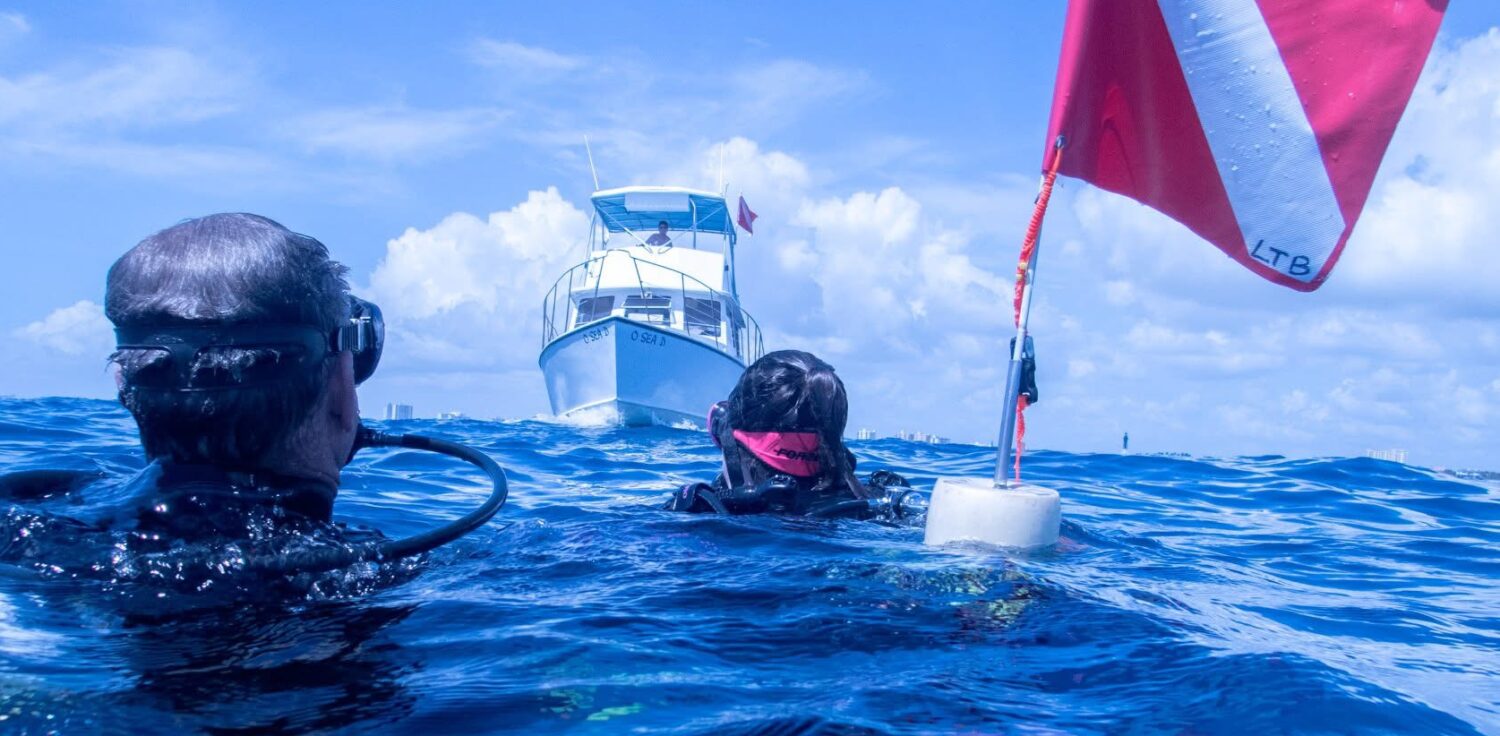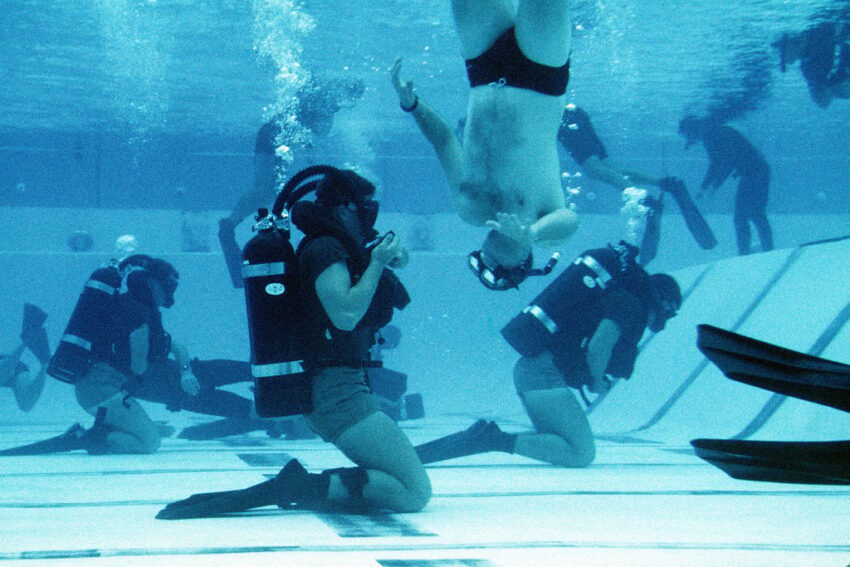If you’re new to the world of scuba diving and looking for the perfect place to begin your underwater journey, Pompano Beach in South Florida is an excellent choice. Known for its clear waters, extensive reef systems, and accessibility to diverse dive sites, Pompano Beach has become one of the top destinations for scuba diving in Florida — especially for beginners.
This guide will walk you through everything you need to know before taking the plunge: from what to expect on your first dive charter Pompano Beach experience, to tips on training, gear, safety, and an overview of the marine life and underwater landscapes you’re likely to encounter.
Why Choose Pompano Beach for Beginner Scuba Diving?
Pompano Beach offers a unique blend of calm, warm waters and easy access to some of Florida’s most stunning dive sites. Here’s why it’s ideal for beginners:
- Shallow reef systems that are perfect for new divers
- Mild currents and good visibility throughout much of the year
- Reputable dive shops and charter operators catering to all levels
- A mix of natural reefs and shipwrecks, many within recreational diving limits (30-60 feet)
- Proximity to Fort Lauderdale and Miami, making it easy to reach
Whether you’re pursuing your Open Water certification or going on your very first dive, Pompano Beach provides a safe and beautiful environment to explore the underwater world.
Getting Certified: The First Step for New Divers
Before diving independently, most people begin by getting certified through a diving agency like PADI, NAUI, or SSI. The Open Water Diver certification is the standard entry-level course and typically includes:
- Knowledge development (can be done online or in a classroom)
- Confined water dives in a pool to practice basic skills
- Open water dives in the ocean, often with a dive charter in Pompano Beach
- Several local dive centers in the Pompano Beach area offer full certification courses, including equipment rental, training materials, and experienced instructors who know the local sites well.
Tip: Some dive operators also offer a “Discover Scuba Diving” experience — a half-day session in which you try diving under the supervision of a certified instructor, no prior experience required.
What to Expect on a Dive Charter in Pompano Beach
Once you’re certified or have signed up for a beginner experience, your next adventure will likely be with a dive charter Pompano Beach operator. These are guided boat trips that take divers to designated dive sites just a short ride offshore.
What’s Included
Most dive charters include:
- Transportation to and from dive sites
- Tanks and weights (other gear is usually rented or BYO)
- Dive briefing by a dive master or instructor
- Safety equipment and surface support
- Snacks and water (depending on the operator)
Dive Schedule
Charters typically offer two-tank morning dives, where you’ll explore two different locations with a surface interval in between. Afternoon and night dives are also available, depending on the season and weather.
Beginner-Friendly Sites
One of the best things about scuba diving in Florida is the variety of dive sites, and Pompano Beach is no exception. Here are a few beginner favorites:
- Nursery Reef – A shallow reef teeming with tropical fish and soft corals, max depth around 30 feet.
- Hillsboro Ledge – A naturally formed reef structure with ledges and overhangs perfect for beginners and photographers.
- The Copenhagen – A 325-foot shipwreck resting in 20–30 feet of water, making it one of Florida’s most accessible wreck dives.
Diving Conditions in Pompano Beach
Water Temperatures
Summer: 80–86°F (May–October)
Winter: 72–76°F (November–April)
A 3mm wetsuit is usually sufficient in the summer, while a 5mm wetsuit may be more comfortable during winter months.
Visibility
Visibility can range from 40 to 80 feet, and conditions are generally best in the morning before winds pick up.
Currents
While some sites have gentle currents, others offer drift diving — where the boat drops you off and picks you up downstream. This is common in scuba diving Florida due to the Gulf Stream. Drift dives can be exciting and easy for beginners when done under proper guidance.
Gear for Beginner Divers
If you’re just getting started, renting gear is perfectly acceptable, and most dive shops in Pompano Beach offer high-quality equipment for rent. Standard scuba gear includes:
- Mask, snorkel, fins
- Wetsuit or dive skin
- Buoyancy Control Device (BCD)
- Regulator set with pressure gauge and alternate air source
- Dive computer or depth gauge
- Weights and belt or integrated weight system
Make sure your gear fits properly and is checked by a professional before your dive.
Marine Life and Reef Ecosystems
One of the biggest thrills of scuba diving in Pompano Beach is the chance to observe Florida’s vibrant underwater life. Here’s a look at what you might encounter:
Common Marine Species
- Angelfish, parrotfish, damselfish – colorful and abundant around reefs
- Sea turtles – including loggerhead and hawksbill species
- Moray eels – often peeking out from rock crevices
- Southern stingrays and eagle rays
- Nurse sharks – calm and non-aggressive
- Spiny lobsters – especially during mini-season in July
- Barracuda and grouper – seen near wrecks and reefs
Many reefs also feature a variety of soft and hard corals, sponges, sea fans, and anemones that create a vibrant seascape ideal for underwater photography.
Safety Tips for Beginner Divers
- Stay with your buddy at all times and establish hand signals before the dive.
- Monitor your air supply and dive time closely.
- Equalize your ears early and often during descent.
- Maintain neutral buoyancy to avoid damaging the reef or stirring sediment.
- Stay within your limits—don’t attempt dives deeper or more complex than you’re trained for.
- Listen to your dive guide’s briefing carefully, and don’t be afraid to ask questions.
Pompano Beach’s dive operators are generally very beginner-friendly, offering support both underwater and on the surface.
Best Time to Go Scuba Diving in Pompano Beach
While scuba diving is available year-round, the best times for beginners are:
- Late spring (April–June): Warm, clear water and less crowded than summer
- Early fall (September–October): Great visibility and fewer storms
- Winter (December–March): Cooler water but still very diveable with a thicker wetsuit
Avoid late summer if you want to dodge hurricane season, though local dive charters monitor conditions carefully and will cancel trips if weather becomes dangerous.
Choosing the Right Dive Charter Pompano Beach
When selecting a dive charter, consider the following:
- Safety record and certifications
- Availability of rental gear
- Experience with beginners
- Size of dive groups
- Amenities (snacks, shade, restrooms, fresh water)
- Customer reviews and testimonials
Some popular and reputable dive charters in the Pompano Beach area include South Florida Diving Headquarters, Pompano Dive Center, and Scubatyme Dive Charters — all of which offer excursions suitable for new divers.
Final Thoughts
Pompano Beach is an ideal gateway for those new to the world of scuba diving. From its calm reef dives to shallow shipwrecks and colorful marine ecosystems, it offers everything a beginner could want. With experienced dive operators, accessible training options, and unforgettable underwater sights, it’s no wonder so many people begin their scuba diving Florida adventures right here.
Whether you’re just curious about the underwater world or planning to become a certified diver, booking your first dive charter Pompano Beach will open the door to an entirely new and fascinating realm. So take the leap—you’ll never forget your first bubbles.


